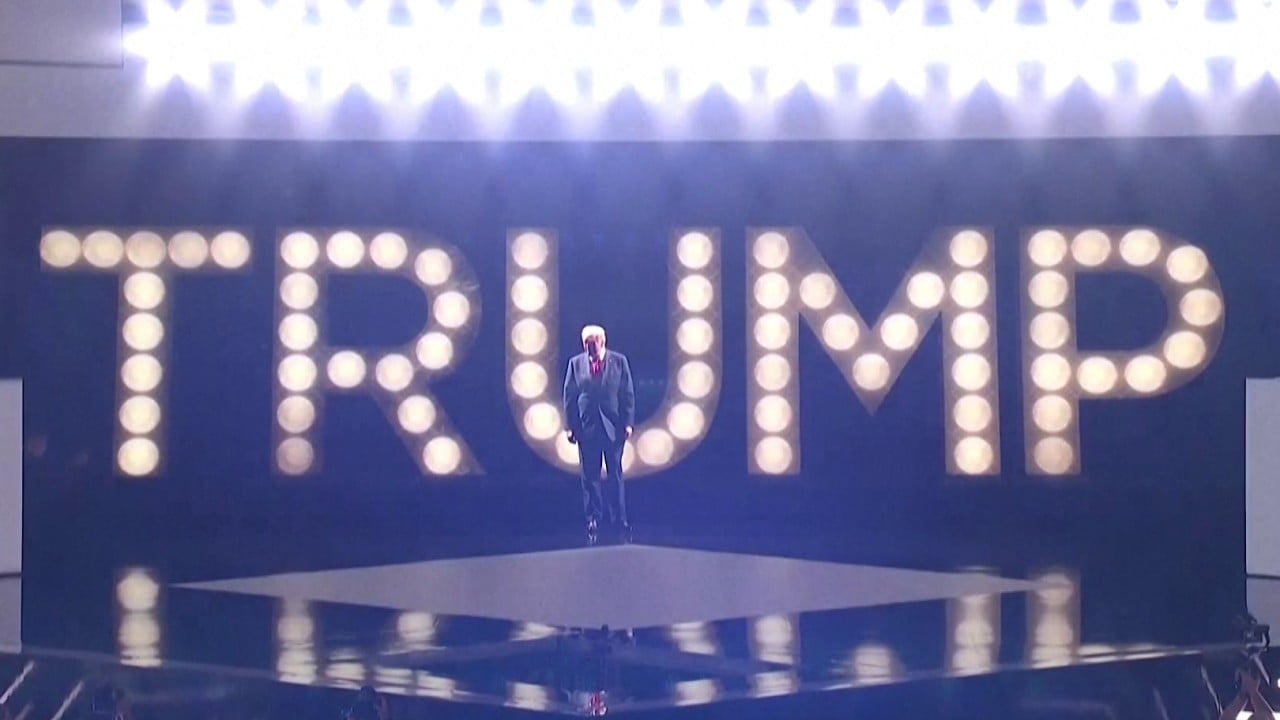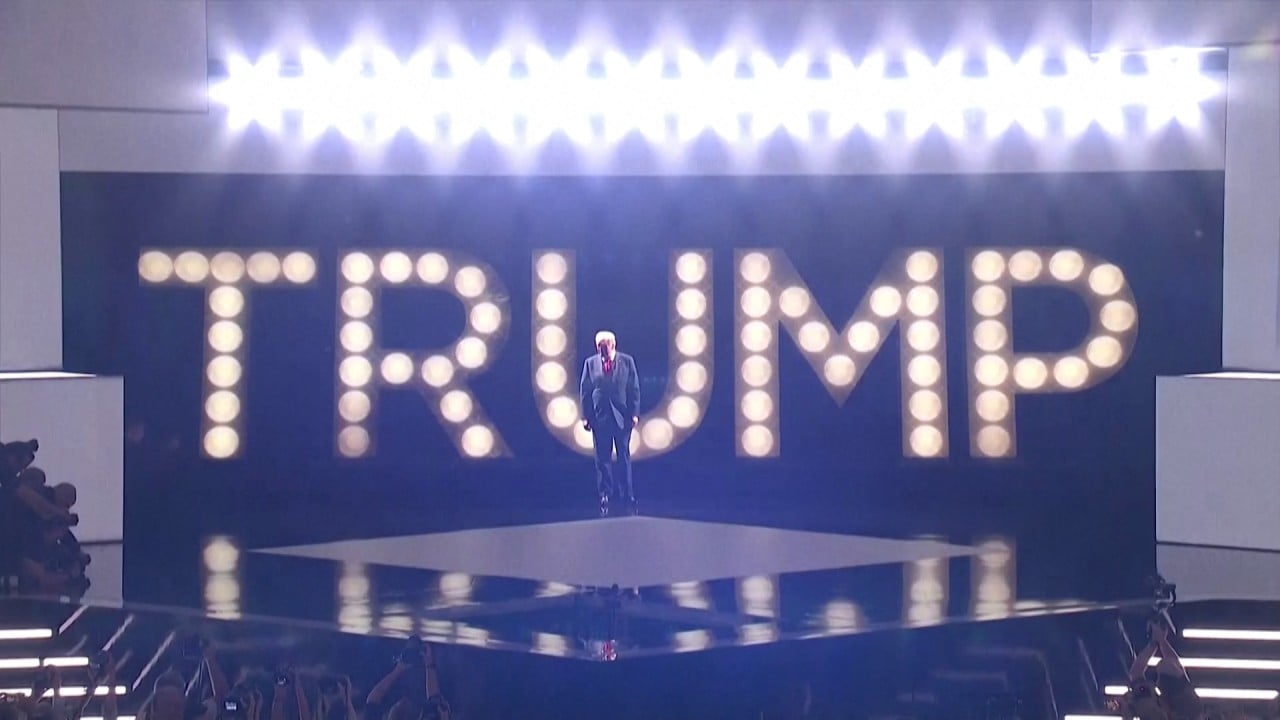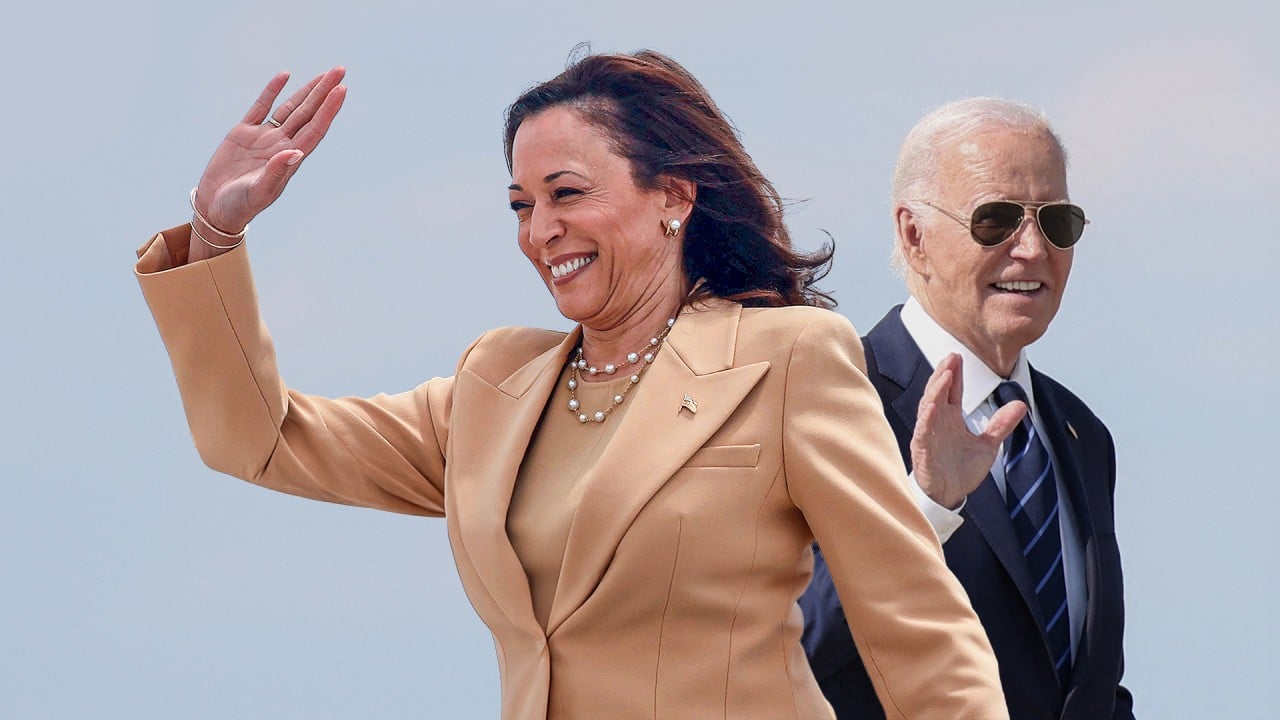Vindicated Chinese-born scientist Franklin Tao stood in a US House of Representatives building on Tuesday, speaking publicly for the first time after being arrested in 2019 on charges of hiding involvement with a Chinese university.
“It has been 1,786 days. Each of those days was lived with fear and desperation,” he said of the period from his arrest to a US appeal court tossing out his conviction on July 11.
Tao was one of about two dozen academics who were charged as part of the US Justice Department’s “China Initiative”, which launched in 2018 during former president Donald Trump’s administration and aimed to counter suspected Chinese economic espionage and research theft.
Speaking at an event co-hosted by the Congressional Asian Pacific American Caucus and United Chinese Americans, the 52-year-old chemical engineer said his immediate hope was to return to the University of Kansas, where he was a tenured associate professor before the school fired him after he was convicted of four counts in 2022.
Later that year, a district judge overturned three of the counts, all related to wire fraud, citing a lack of evidence that he received money or property for work with Fuzhou University, Fujian province, in southeastern China.
Then, earlier this month, an appeal court in Denver threw out the final count about making a false statement. The court said Tao’s failure to inform his university about his affiliation with the Chinese university did not have any material effect on any pending federal funding decisions.
Tao had initially gone to trial in 2022, facing eight counts of wire fraud and making false statements.
According to court documents, Tao’s case began as an espionage investigation when a visiting scholar at the University of Kansas sent the FBI an anonymous tip and impersonated others to make additional allegations. The FBI found no evidence of espionage but discovered that Tao had potentially accepted a second full-time appointment at Fuzhou University and hid it from Kansas.
Prosecutors said that information was relevant to the decisions of federal agencies funding his research, the Department of Energy and the National Science Foundation.
Tao said on Tuesday that his victory was bittersweet. “I have lost almost everything. My academic career … has been destroyed.”
“And this fight was extremely expensive,” he added, noting that his legal fees added up to US$2.3 million.
Tao’s lawyer, Peter Zeidenberg, said on Tuesday he represented dozens of individuals like Tao who “were caught up and charged in multiple felonies for civil paperwork errors in their grant applications”.
“They’re not stealing money. They’re not diverting money. They’re not sharing secrets with anyone who isn’t allowed,” he said.
The Justice Department under President Joe Biden ended the China Initiative in 2022 following several failed prosecutions and criticism that it stifled research and fuelled bias against Asians, although the department said it would continue pursuing cases over national security threats posed by China.
In recent months, lawmakers and advocacy groups have pushed back against efforts to bring back the initiative, including one in a House Republican funding bill that was ultimately removed.
Judy Chu, California Democrat and chair of the Congressional Asian Pacific American Caucus, said on Tuesday that she and her team were “constantly on [their] watch” for such efforts.
Chu highlighted ongoing efforts, including individual bills such as Florida Senator Rick Scott’s “Protect America’s Innovation and Economic Security from CCP Act”, and attempts to attach the initiative to a large piece of legislation that would have a higher chance of passing.
Scrutiny of ethnic Chinese scientists has created a chilling effect. A study conducted from December 2021 to March 2022 by researchers from Harvard, Princeton and MIT found that among 1,229 US-based Chinese scientists, about 61 per cent had considered relocating.
The same study found that 1,415 US-based Chinese scientists had switched their affiliation from US to Chinese institutions in 2021, an almost 22 per cent jump from 2020, and more than three times the number compared to 2011.
The study also noted that between 2011 and 2020, applications for National Science Foundation grants from Asian-American scientists dropped 28 per cent compared with the overall decline of 17 per cent.
“With few convictions and multiple dismissals, the China Initiative has tragically damaged the lives and careers of too many innocent Americans and has actually hurt the nation’s ability to lead in global scientific research and innovation,” said the Committee of 100, a non-partisan organisation of prominent Chinese-Americans.
A GoFundMe account has been set up to help defray Tao’s legal fees.




